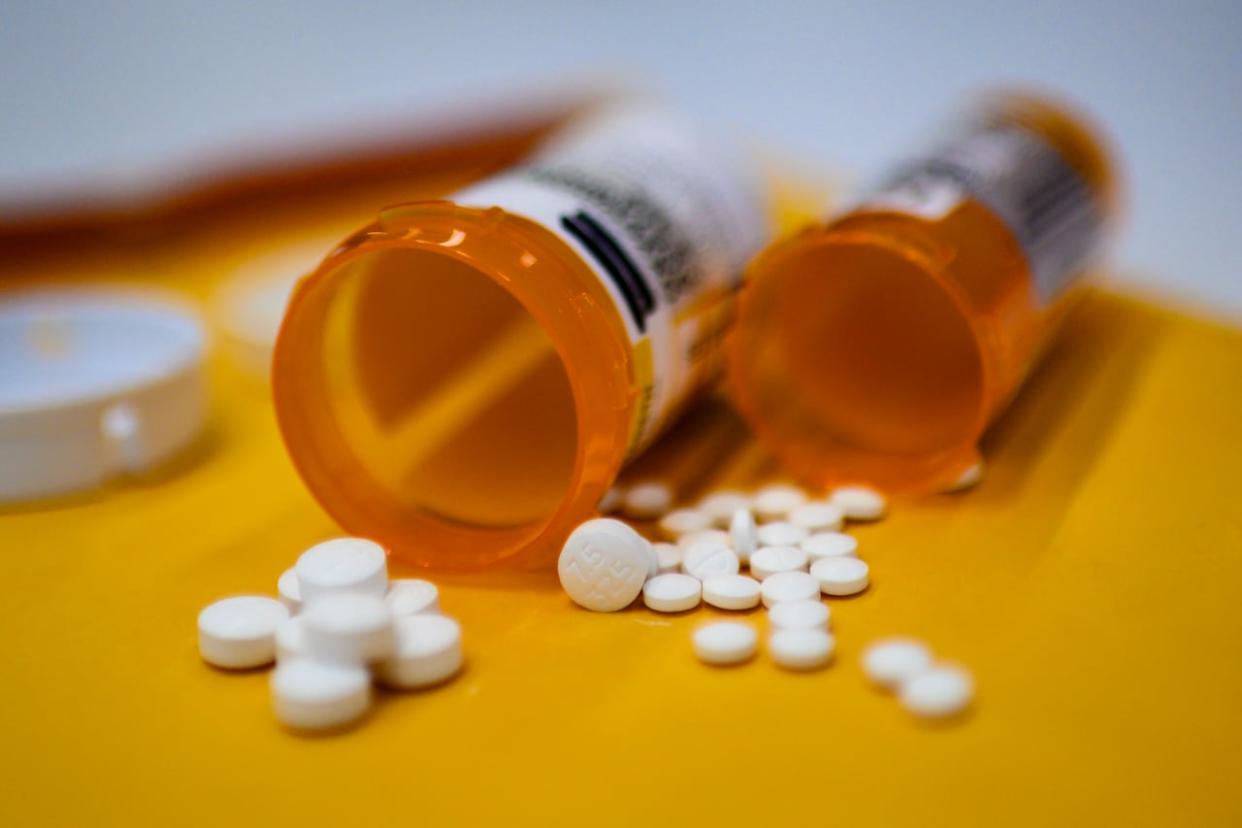Quebec's College of Physicians wants to crack down on overprescription of opioids

Quebec's College of Physicians is setting up a program to better monitor opioid prescriptions and to detect doctors who may be overprescribing them to some of their patients.
The professional order, known as the Collège des médecins du Québec (CMQ) in French, says the goal is to help counter opioid overdoses and addiction problems and prevent opioids from finding their way onto the black market.
"We're well aware that some people can find this type of medication on the black market. But for us, it's not that [we're going to monitor], it's the prescriptions duly made by a doctor," said CMQ president Dr. Mauril Gaudreault.
As part of the program, Quebec's health insurance board (RAMQ) will begin monitoring opioid prescriptions for warning signs, including whether they seem suspicious or if the strength of doses or quantity of tablets is too high.
In cases identified by the RAMQ, inspectors with the CMQ will analyze the prescriptions using risk indicators established as part of the surveillance program to try to detect doctors who are prescribing opioids inappropriately.
"One of our criteria is … the number of tablets prescribed for a short period of time," said Anas Nseir, director of professional inspection at the CMQ.
Nseir says inspectors will determine whether a doctor presents a low, moderate or high risk of overprescribing to the public.
"We'll ask, 'Why are you prescribing these drugs? Send us copies of your records. Tell us why,'" said Nseir.
The CMQ will send an inspector to a doctor's office for a full inspection, if needed.
Doctors who are found to have inappropriately prescribed opioids may be required to do extra training, be subject to oversight or even have their practice restricted, Gaudreault says.
"The idea is really to do this for two reasons: to protect the public and to ensure that doctors prescribe these drugs with quality care," he said.
Number of opioid deaths 'cause for concern'
Previously, the CMQ had no precise tools for identifying offending physicians.
In recent years, only two to three per cent of the 200 physicians investigated annually by the professional order were found to have inappropriately prescribed opioids. But Gaudreault believes there could be more.
"With the program, we'll identify more, that's for sure. More than two or three per cent," he said.
Last June, the CMQ produced a reminder of good practices to limit the number of deaths related to opioid use in response to recommendations made by a coroner following an inquest into five cases of suicide involving drugs.
According to Quebec's health institute (INSPQ), there were 508 deaths related to suspected poisoning with opioids or other substances from October 2022 to September 2023.
In comparison, in 2017, there were 181 deaths. In 2018, there were 424.
"The number of deaths from opioid overdoses is a cause for concern," said Gaudreault.
"We must avoid situations — and this is the aim of prevention — where the prescription is the initiator of a dependency problem in the patient."


